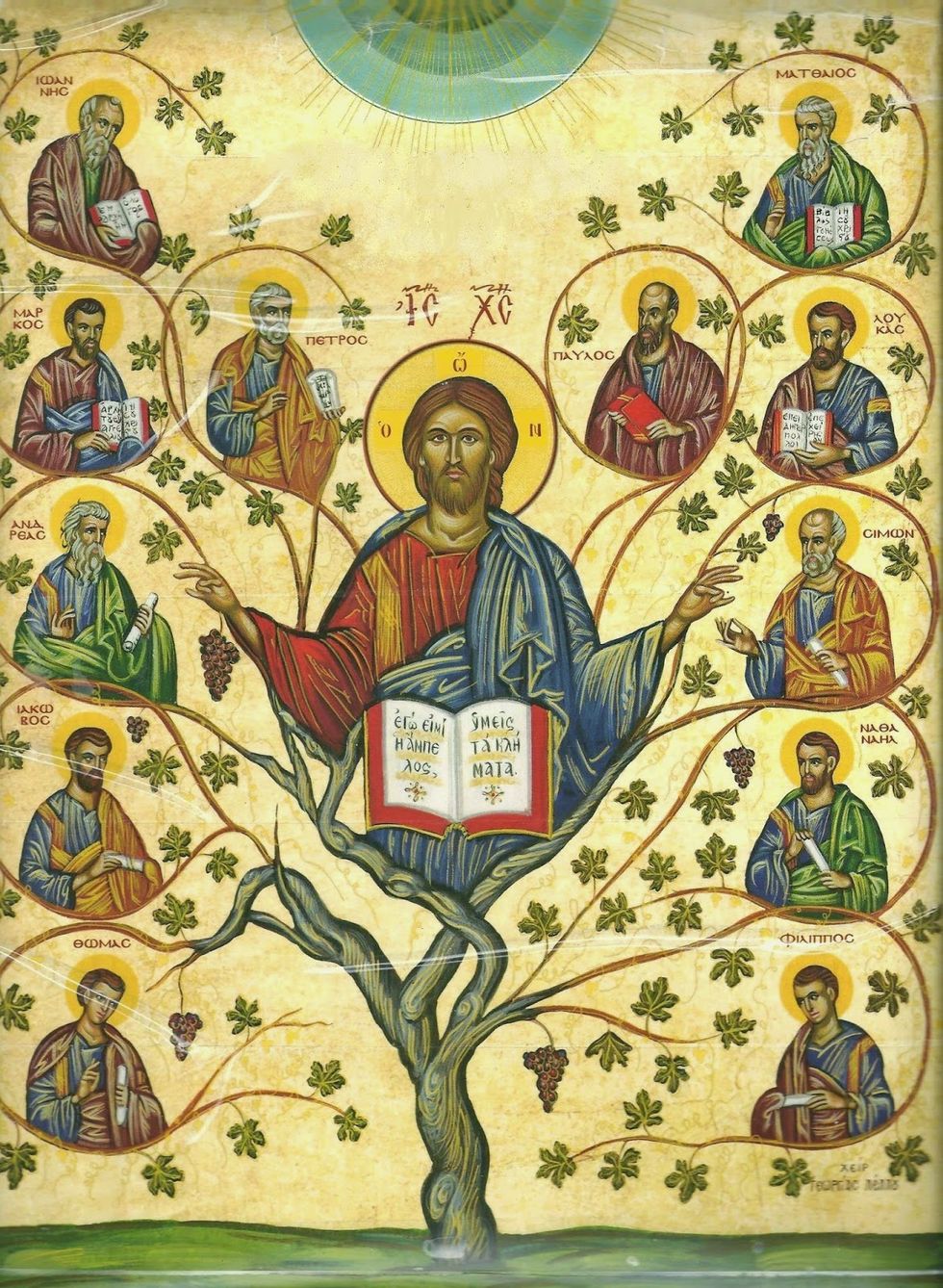When I was a Protestant attending a nondenominational Christian middle school, I heard what was one of the best sermons I have come across to this day. The theme of the sermon focused on repentance, specifically how both Jesus’ and John the Baptist’s earthly ministries began with very public calls to repentance. The pastor’s emphasis was how this call to repentance is not only a one-time action, but rather is a call to habitual repentance, that is, to continue amending our thoughts and our lives until we become like Jesus Christ.
As someone who was taught that the essence of salvation was purely a one-time moment of initial faith, this idea was shocking to me. The concept of an active struggle against sin, despondency, and darkness in order to save our souls had never been taught to me. I was forced to reevaluate what I believed.
The more I thought, the more the continual nature of salvation and repentance began to make sense to me. The scriptures themselves supported this idea. “He who endures to the end shall be saved,” says Christ to His disciples (Matthew 24:13). His disciples in turn taught the same thing, that is, for us to “work out [our] salvation with fear and trembling.” (Philippians 2:12).
The problem, of course, is to learn how to begin to repent. This is more difficult than it may first seem, for it requires the deliberate and continuous action of setting aside our pride so that we are made able to admit our sins. This, of course, takes time.
But God’s grace is even present in the time He gives us to repent. He gives us every opportunity possible to bring us back into His arms, just as the father of the prodigal son accepts his son back before he can even begin his confession. C.S. Lewis writes about this concept in his fictional novelette The Great Divorce, a story in which spirits from hell are given the opportunity to visit heaven and stay there if they wish. One of the spirits in hell, upon being called to repentance by one of the souls from heaven, expresses his hesitance to do this, remarking that this could be done at some other day. The spirit in heaven responds:
There is no other day. All days are present now. This moment contains all moments.
Indeed, the entirety of our lives is given to us as a gift by the God who is beyond time and entered time itself for our salvation. He humbled Himself to become bound by time so that He might redeem time for our sake. He has filled all things from all ages with Himself.
May the same God grant us His mercy and salvation as we humbly await His grace in our search for repentance.
Pray for me.
















